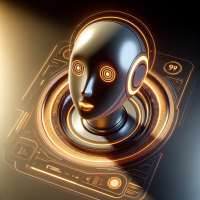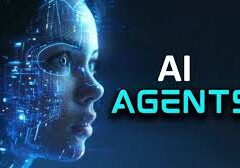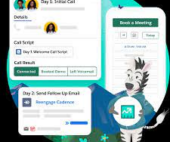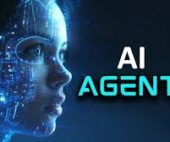Salesforce Rebrands Einstein Copilot as Agentforce
Salesforce has officially retired its Einstein Copilot feature, rebranding it as “Agentforce (Default).” While hints of this change surfaced earlier, with confirmation arriving in January 2025, many users were still surprised by the move.
Ashish Agarwal, a Salesforce Architect, Consultant, and Trainer, highlighted the change in a LinkedIn post, noting that the conversational AI assistant had been integrated into Salesforce’s broader Agentforce platform. Salesforce’s release notes confirmed the update, stating there would be no changes to functionality but minor refinements to permissions, user interface elements, and help documentation.
“In Setup, you’ll see Agentforce or Agentforce (Default) for the agent name and type. This change won’t impact your implementations,” Salesforce assured its users. The company reiterated that the tool remains a vital resource for assisting Salesforce users with daily business interactions.
The Journey of Einstein Copilot
Einstein Copilot, introduced in April 2024, was Salesforce’s flagship generative AI (GenAI) solution. Integrated into Salesforce applications, it allowed users to perform workflows and ask questions using natural language. Built on the Einstein 1 Platform, it leveraged Salesforce’s Data Cloud and metadata to deliver personalized experiences.
Despite its relatively short lifespan, the update positions Einstein Copilot as a component of Agentforce, aligning it with Salesforce’s focus on AI agents.
Moving Beyond the “Copilot” Label
Salesforce CEO Marc Benioff’s critical remarks about Microsoft’s Copilot may offer clues to the rebranding decision. Over recent months, Benioff has labeled Microsoft’s Copilot as “repackaged ChatGPT” and “Clippy 2.0,” aiming to distinguish Salesforce’s offerings from its competitor.
This shift also reflects Salesforce’s evolving AI strategy. The company’s “Four Waves of AI” framework identifies copilots as part of the second wave, now replaced by the third wave: autonomous AI agents. Agarwal encapsulated this shift in his LinkedIn post, stating:
“In today’s Agentic world, you don’t need a Copilot to assist you. Agents are taking the controls themselves. They can pilot the plane, handle turbulence, and even serve the in-flight snacks—all while you sit back, relax, and enjoy the ride.”
Reactions and Reservations
Despite Salesforce’s enthusiasm, the rebranding has drawn some skepticism. Richard Clark, Vice President of EMEA Alliances and Success at Elements.cloud, expressed surprise at the decision, citing Einstein Copilot’s unique role as an internal user agent.
Agarwal also questioned the naming convention, arguing that “Agentforce” represents Salesforce’s entire AI platform, which includes components like the Prompt Builder, agents, and the Einstein Trust Layer. Assigning the name to a single agent, he suggested, could create unnecessary confusion.
The Future of Agentforce
Since its debut in October 2024, Agentforce has quickly evolved. The introduction of Agentforce 2.0, dubbed “The Digital Labor Platform,” has expanded its capabilities, allowing users to create and deploy autonomous AI agents.
Salesforce has also tailored its offerings for specific industries. For example, Agentforce for Retail provides AI-driven solutions for customer service, guided shopping, order management, and appointment scheduling.
Conclusion
The transition from Einstein Copilot to Agentforce signifies Salesforce’s commitment to advancing its AI strategy. While some users may need time to adjust, the move aligns with the company’s vision of autonomous AI agents driving productivity and innovation.
Whether viewed as a strategic pivot or a deliberate effort to distance itself from competitors, the rebranding underscores Salesforce’s ongoing evolution in the AI space.











